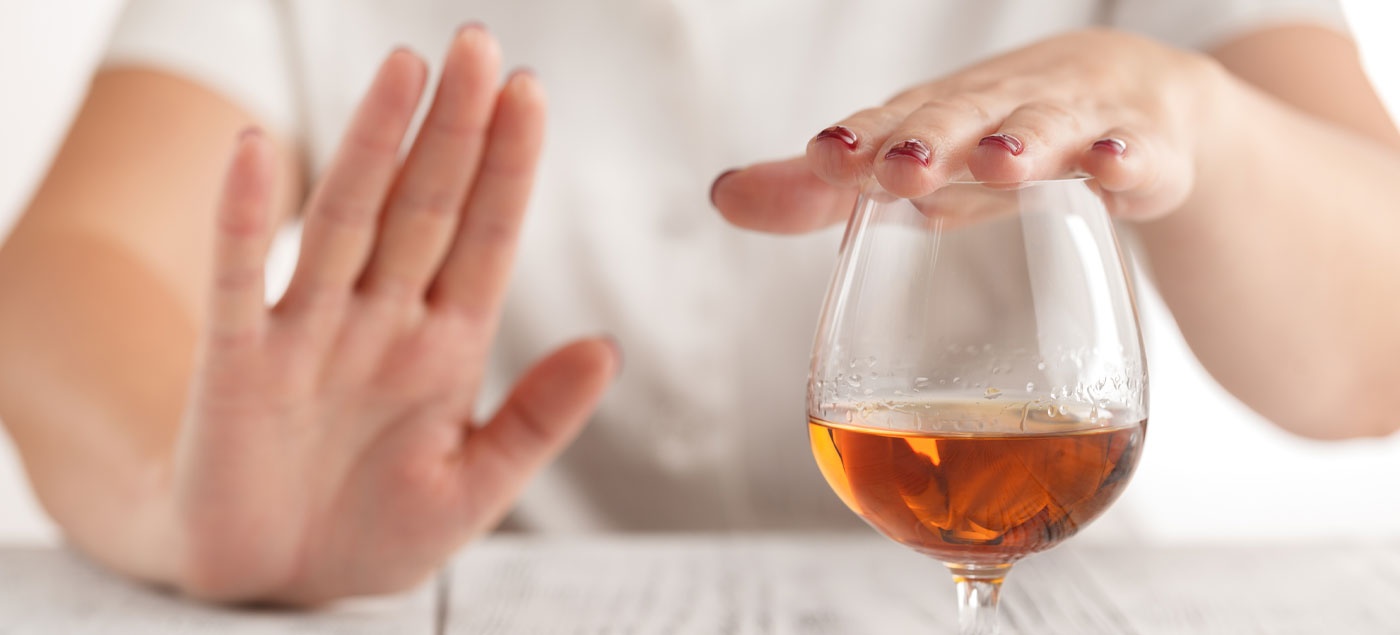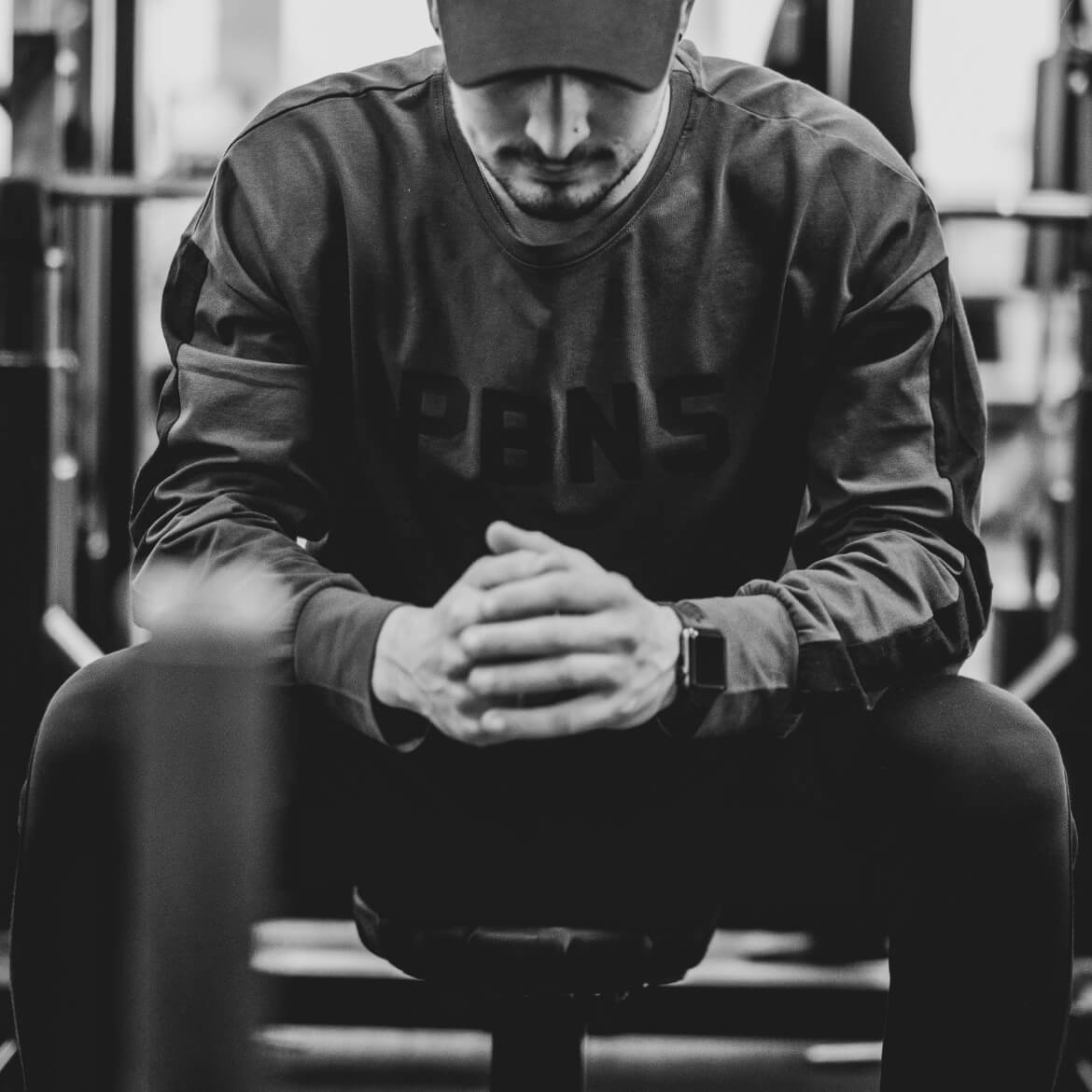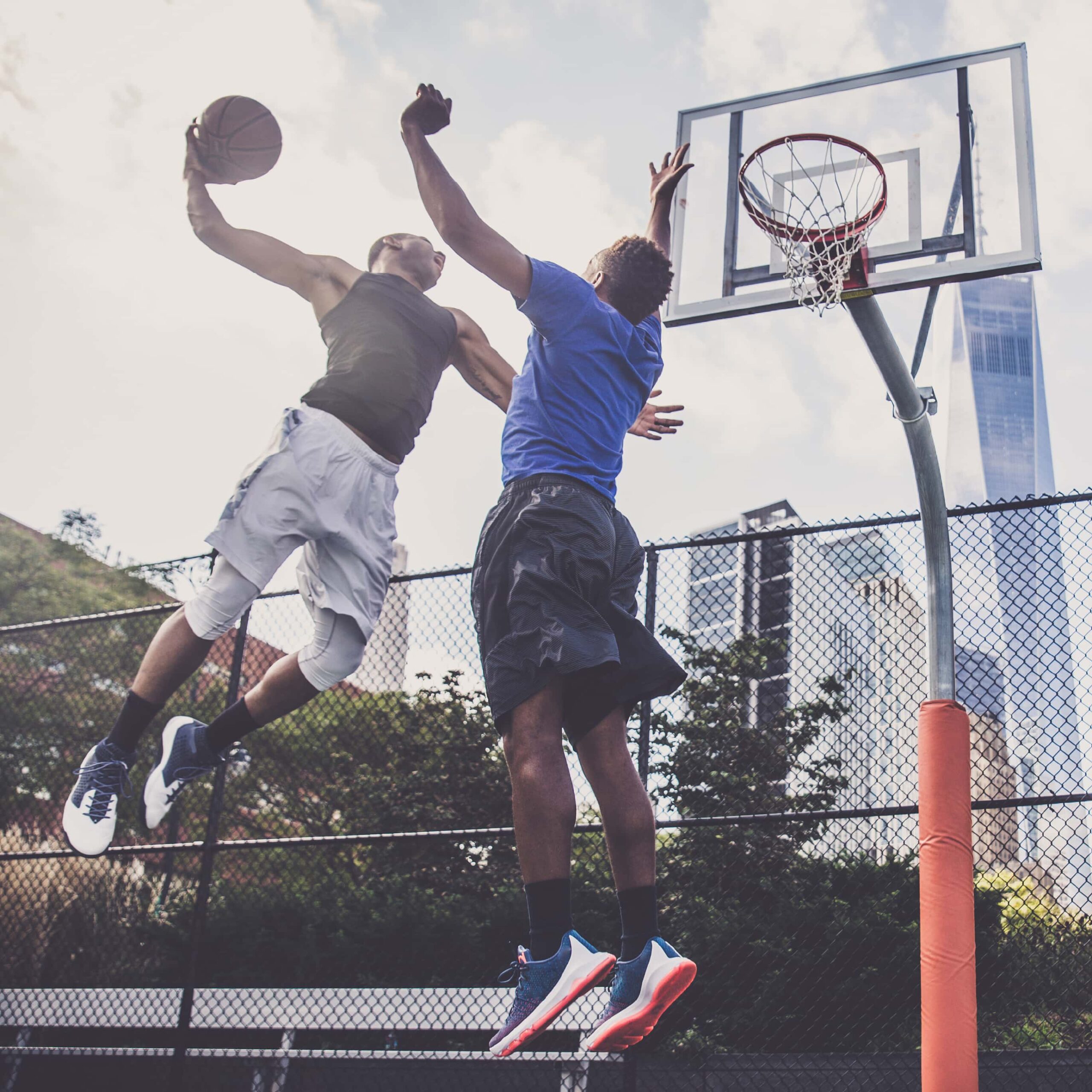Impact of Long-Term Alcohol Consumption on Fitness
13th Sep 23

In general, and especially in the fitness-focused community, discussing and understanding the impact of long-term alcohol consumption is important. Awareness and knowledge will help you make the right decisions for boosting fitness.
Did you know? Every year, alcohol consumption leads to approximately 3 million deaths around the world. In England, between 2021 and 2022, there were around 948,312 alcohol-related hospital admissions.
Want to move fast? Jump to the right section below.
Effects of Alcohol on Physical Fitness

Alcohol and physical fitness share a not-so-positive relationship. Physical fitness decreases with the increase in alcohol consumption and vice versa. Read on to find out exactly how alcohol can affect your physical fitness.
Drop in Exercise Performance
Alcohol lowers blood sugar levels and hurts your body’s ability to convert food into energy. It also leads to a build-up of lactic acid. Additionally, alcohol worsens muscle fatigue, compromises hand-eye coordination, and affects balance. Alcohol use also interferes with the way your body absorbs nutrients. These effects together cause a slump in performance.
If you try to exercise in a drunken state, you could potentially suffer injuries that might not allow you to exercise for a long time. Lower exercise performance or no training over a long period can destroy physical fitness.
Electrolyte Disturbances
Alcohol makes you want to relieve yourself often, which can lead to water and electrolyte loss. Drinking alcohol in large quantities can cause dehydration. Long-term use of alcohol is related to electrolyte disturbances and disorders such as hyponatremia. Electrolyte disruptions can cause fatigue, paralysis, and even cardiovascular emergencies.
Impact on Body Composition
Alcoholic drinks are high in calories, and they can increase cravings for greasy and salty foods. Not only does alcohol increase the feeling of hunger, but it also interferes with the burning of fat. Long-term alcohol consumption leads to the accumulation of fat, especially in the abdominal area. That’s the reason behind a ‘beer belly’. If you want to lose weight, you might want to reconsider your consumption of alcohol.
Sleep Disruption
Unfortunately, alcohol doesn’t help with sleep. Sure, some people use it as a nightcap, but drinking alcohol affects how well and how much sleep you get. We sleep in different cycles, like deep sleep and shallow sleep.
After a few hours of hitting the sheets, alcohol can wake you up and make it difficult to go back to bed. That’s a problem because how you perform and stay fit depends on the quantity and quality of sleep you get.
The less sleep you have, the poorer your decision-making is going to be. Spurred on by hunger and increased cravings, you are more likely to make some bad midnight snacking decisions.
Less sleep also means higher stress levels because of a hormone called cortisol. Cortisol is often called the stress hormone. High levels of cortisol can raise your blood sugar. After just four nights of poor sleep, your body’s ability to process insulin gets affected. Your body may respond by producing more insulin. And a high level of insulin is like a cue for weight gain.
Recovery and Adaptation
Alcohol use can affect the way your muscles repair after working out. This is because long-term alcohol use can affect the way your body uses and creates proteins. That repair system plays a vital role in building muscle and the process of getting stronger.
Another big problem is your Human Growth Hormone (HGH). Since alcohol affects your sleep, that reduces your HGH levels. HGH plays an important role in your body’s ability to grow and repair itself.
Drinking alcohol often can mess up testosterone production. Testosterone speeds up recovery and helps with building more muscle.
Psychological Impact of Long-Term Alcohol Consumption

Your mind obviously plays an important role in improving and maintaining fitness. Alcohol use does not just affect your body, it also affects your mind. Here’s how alcohol affects your fitness through the effects on your mind:
Motivation and Discipline
Long-term heavy drinkers might find it harder to stick to fitness routines; alcohol preoccupation is the biggest issue in alcohol use disorder. Drinking alcohol causes a lowering of inhibitions and loss of self-control, which ultimately leads to low self-discipline.
Alcohol numbs negative feelings for some time, but this relief does not last long. When alcohol is consumed, dopamine production increases. This causes people to think of alcohol as a source of pleasure. They get more motivated to seek pleasure and relief through alcohol. This can potentially mess up the motivation for other things, including any fitness-related activities.
Cognitive Function and Focus
Brain development is affected by long-term alcohol use. Alcohol harms mental clarity, concentration, and overall functioning of the brain. Effective workouts require a stable and focused mental state. Alcohol can also worsen depression and anxiety over time, making it even harder to work out.
Wrapping Up
A person struggling with alcohol use disorder (AUD) can get the necessary support for recovery from a good alcohol addiction rehab centre. Staying away from alcohol is best for those serious about fitness goals. Putting fitness first is the key to enjoying a good quality of life for a longer time.
Guest Author | Isabella Williams @ Rehab Guide

Before beginning any exercise or nutrition program, consult your physician, doctor or other professional. This is especially important for individuals over the age of 35 or persons with pre-existing health problems. Exercise.co.uk assumes no responsibility for personal injury or property damage sustained using our advice.
If you experience dizziness, nausea, chest pain, or any other abnormal symptoms, stop the workout at once and consult a physician or doctor immediately.









